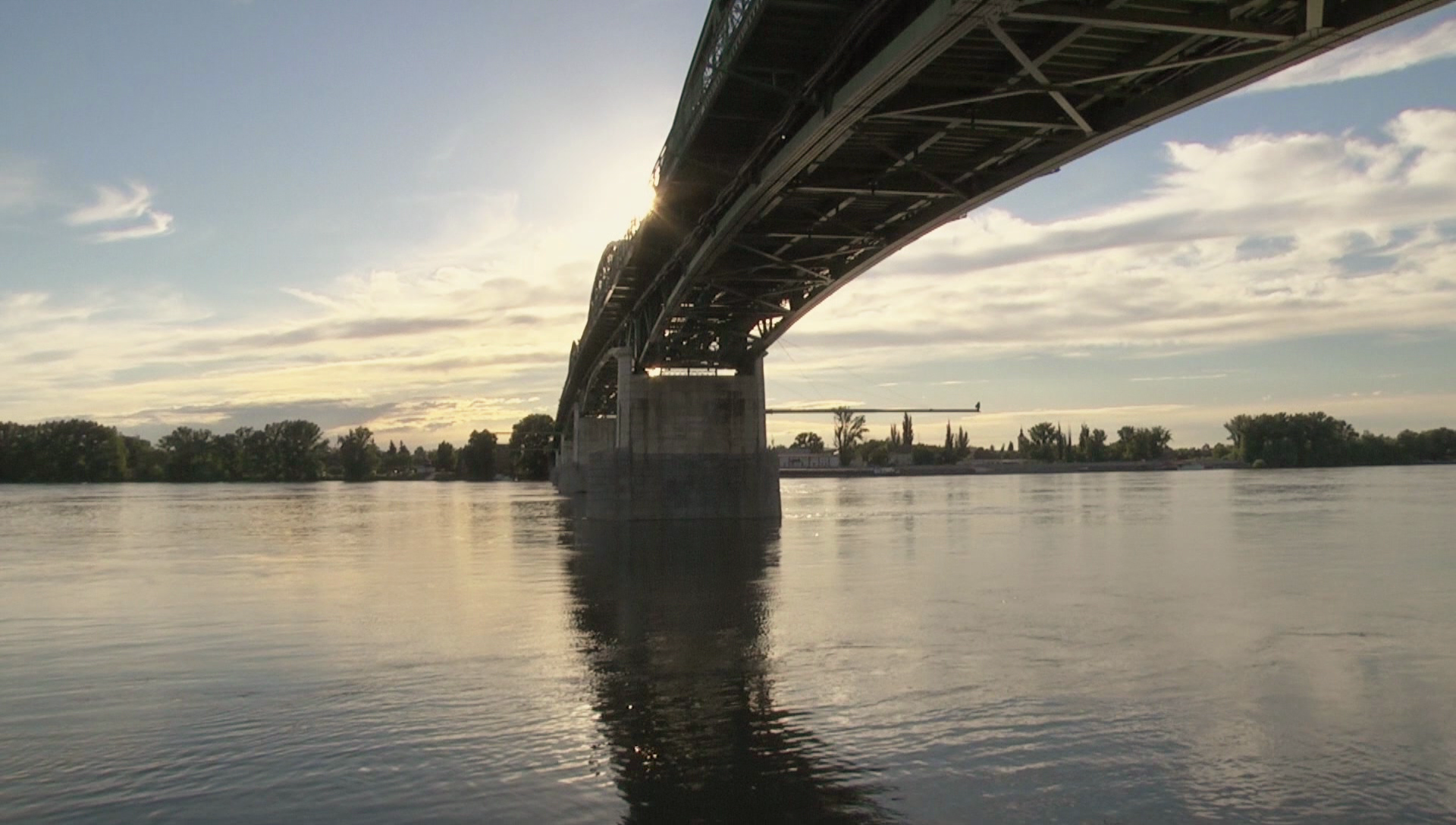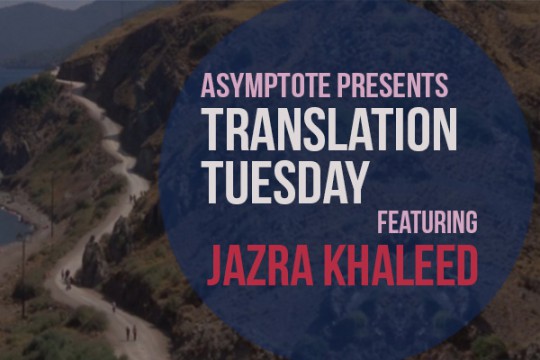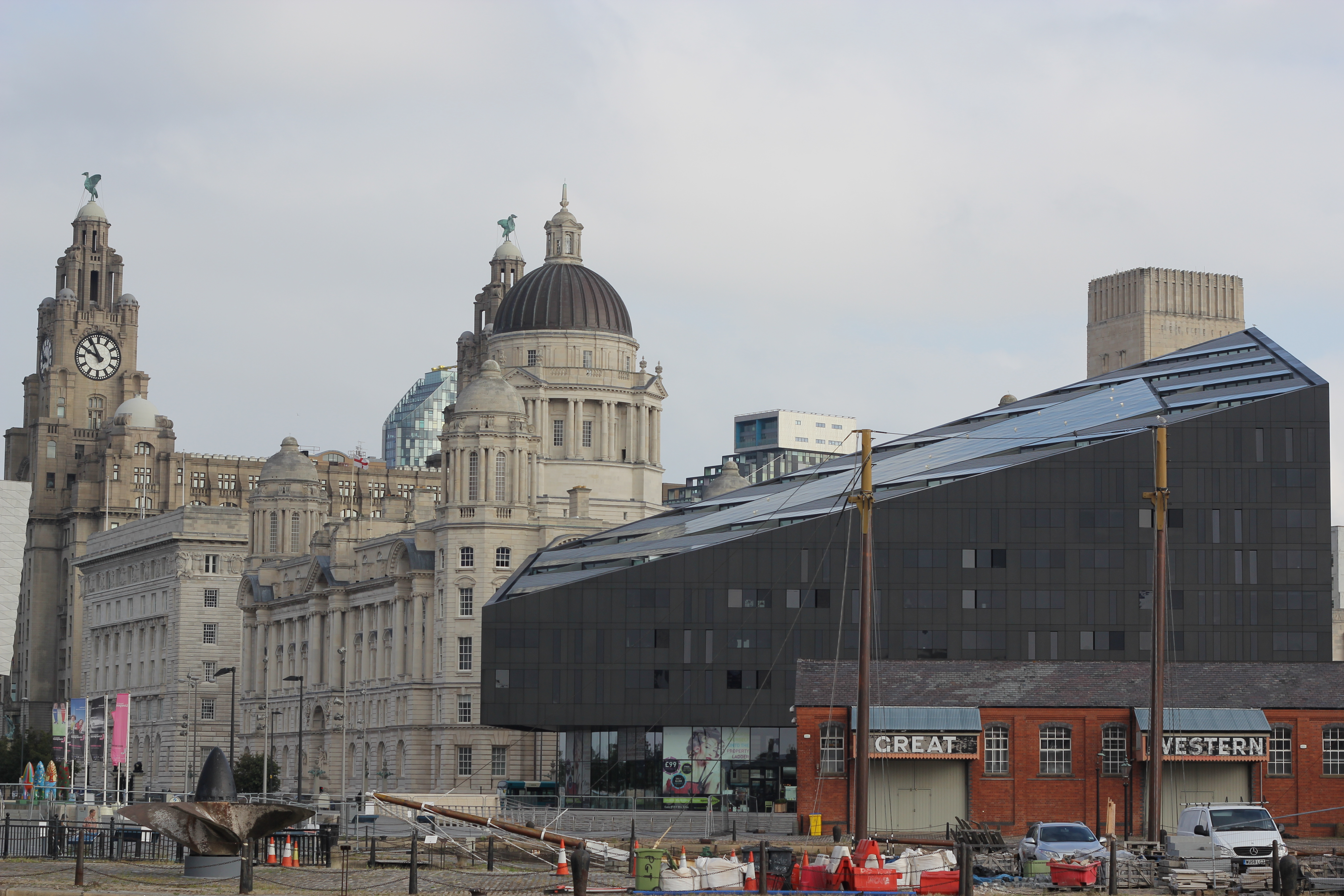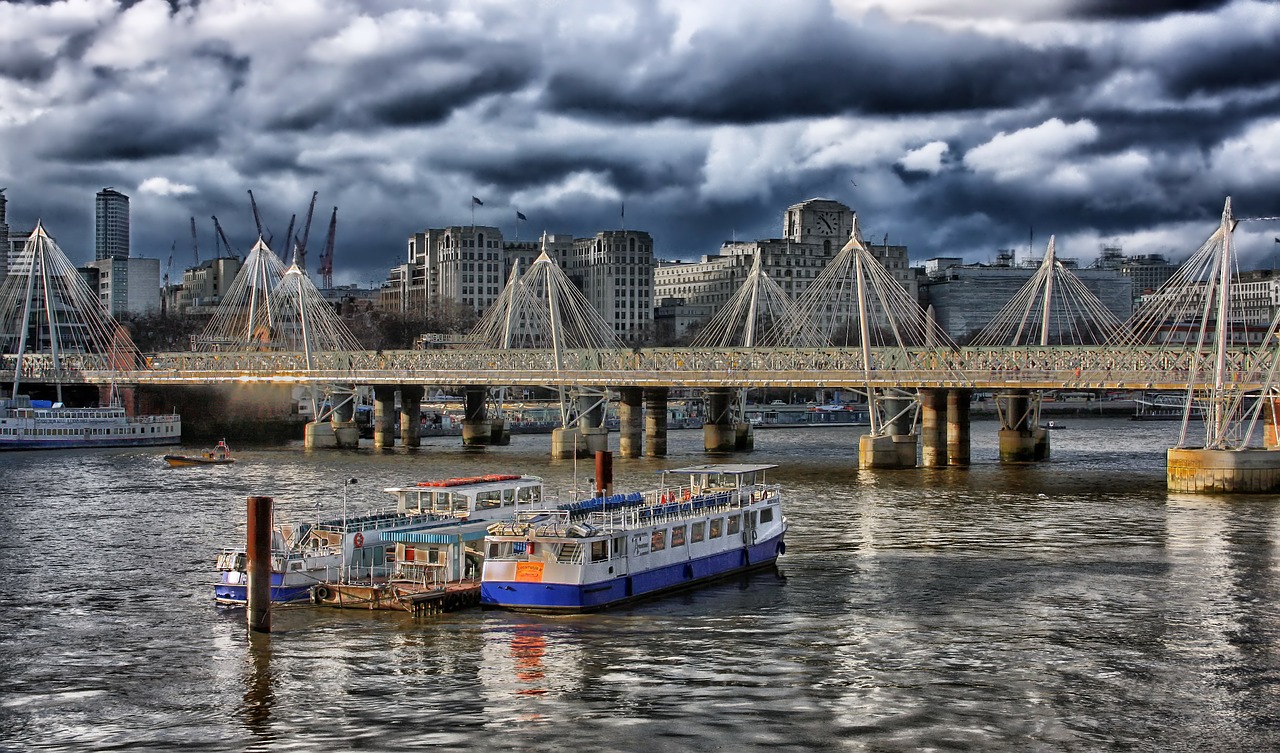Today we profile a unique literary gathering, AquaPhone Festival, that takes place on both banks of the Danube. It not only features literature from Hungary and Slovakia but also acts as a cultural bridge between the nations that have been isolated from each other’s shared histories by totalitarian rule. It serves as a powerful symbol against the rising tide of xenophobia, as a conversation with Karol Frühauf reveals.
it could be done by us just shouting
just talking to each other over the water
and not by me going over to you by boat
you going angling? I’d shout into the wind
and your voice would echo across the water
no! I’m going angling! oh, right! I’d shout
all right I thought you’re going angling
— From ‘Modalities of Crossing’ by Dániel Varró, translated from the Hungarian by Peter Sherwood
From the southwestern part of the Danubian Hills, poetry drifts above the waves of the Danube. Lines of verse bounce from one side of the river to the other, hard on each other’s tails yet in accord, dissolving in the air.
lehetne az is hogy csak kiabálunk
hogy csak beszélgetünk a víz fölött
és nem megyek át hozzád ladikon
horgászni mész? kiáltanám a szélbe
és hangod visszaringna a vizen
nem! horgászni megyek! ja! kiabálnám
ja jól van azt hittem horgászni mész!
— From ‘az átkelés módozatai’ by Dániel Varró
Someone is reciting poetry. It takes a while for the words, carried by sound waves, to cross the river. This is how poetry behaves when a poem is recited aloud above a river. The author of this year’s poem, “Modalities of Crossing,” is the wonderful Hungarian poet and children’s writer, Dániel Varró.
dá sa aj tak že si len zakričíme
len si nad vodou pohovoríme
a neprejdem za tebou cez lávku
ideš na rybačku? volal by som do vetra
a tvoj hlas by sa na vode prihojdal
nie! idem na rybačku! aha! volal by som
aha dobre myslel som že na rybačku!
— From ‘možnosti prepravy’ by Dániel Varró, translated from the Hungarian into Slovak by Eva Andrejčáková
Varró’s poem is read out in several languages: first in Hungarian (the poet’s native tongue), then in Slovak, and finally in German. You have to wait patiently for the lines to reach you from the far shore before you can send your version back by the same route. The extraordinary dialogue is accompanied by live cello, saxophone, and clarinet. There is no wind, the June sunshine is reflected in the water, bathing the majestic domes of the basilica in the distance in its soft light. This is what the AquaPhone festival is like.





